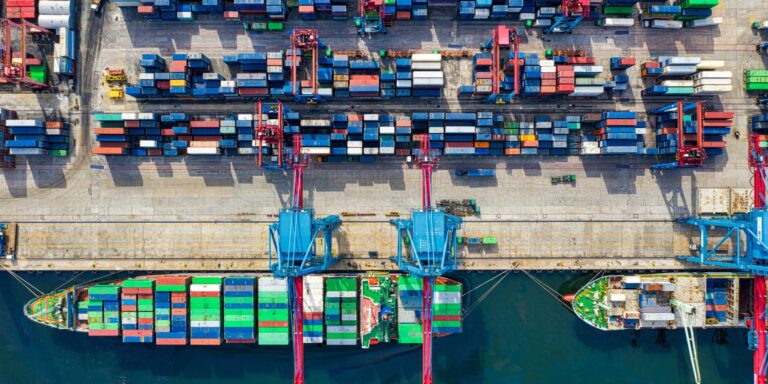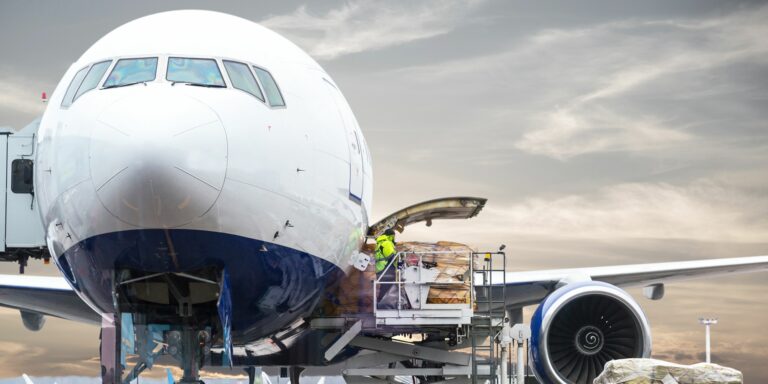CBP to Deactivate Section 232 Exclusions at 95% Allocated Quantity
In a recent announcement, U.S. Customs and Border Protection (CBP) has revealed new guidelines for deactivating Section 232 steel and aluminum exclusions. Effective February 15, 2024, CBP plans to deactivate certain Section 232 exclusions on a weekly basis when the imported quantity reaches or exceeds 95% of the allocated quantity. This change aims to address concerns raised by the Government Accountability Office (GAO) regarding unpaid duties resulting from invalid exclusion use. In this blog post, we will delve into the implications of this decision and its impact on importers.
Background: Section 232 Exclusions and the Deactivation Threshold
Section 232 tariffs on steel and aluminum were imposed in 2018 as a measure to protect U.S. national security. The Department of Commerce’s Bureau of Industry and Security (BIS) administers the product exclusion process, allowing U.S. businesses to seek exemptions for specific steel and aluminum imports. Currently, CBP activates exclusions when the imported quantity hits 100% or more of the allocated quantity.
CBP’s Response to the GAO Report
The recent GAO report highlighted unpaid duties resulting from the misuse of Section 232 exclusions, amounting to an estimated $32 million as of November 2021. In response, CBP has decided to implement a change by deactivating certain exclusions at the 95% threshold to prevent overclaiming and evasion of duties. This change reflects CBP’s commitment to ensuring fair and accurate trade practices.
Implications for Importers and the Deactivation Process
CBP’s decision to deactivate Section 232 exclusions at the 95% threshold will have implications for importers. Specifically, the following exclusions will be affected:
Exclusions for non-quota countries subject to Section 232 duties
Exclusions for European Union (EU) countries subject to Section 232 steel tariff rate quotas (TRQs)
Exclusions valid for multiple countries subject to both Section 232 duties and quotas
Once an exclusion reaches or exceeds 95% of the allocated quantity, importers will no longer be able to utilize the Section 232 exclusion on new entry summaries. Instead, they will be required to pay the appropriate Section 232 duties on any new entry summaries. However, importers will still have the opportunity to file Post Summary Corrections (PSC). This process allows importers to claim the remaining exclusion amounts up to 100% and request a refund of any Section 232 duties previously paid.
Conclusion: Ensuring Compliance and Fair Trade Practices
CBP’s decision to deactivate Section 232 exclusions at the 95% threshold highlights the agency’s commitment to upholding fair trade practices and addressing concerns regarding unpaid duties resulting from invalid exclusion use. Importers need to be mindful of these new guidelines and ensure compliance to avoid any disruptions in their import operations.
Source: https://www.thompsonhinesmartrade.com/2024/01/cbp-to-deactivate-certain-section-232-exclusions-upon-reaching-95-percent-of-allocated-quantity/

Importing 201
Did you know that U.S. Customs requires that importers have written policy and procedures for record-keeping and customs compliance? This course builds upon techniques presented in our U.S. Importing course and explains how to implement and strengthen your import controls. The course also describes what you should do to prepare for the eventuality of a CBP audit.








